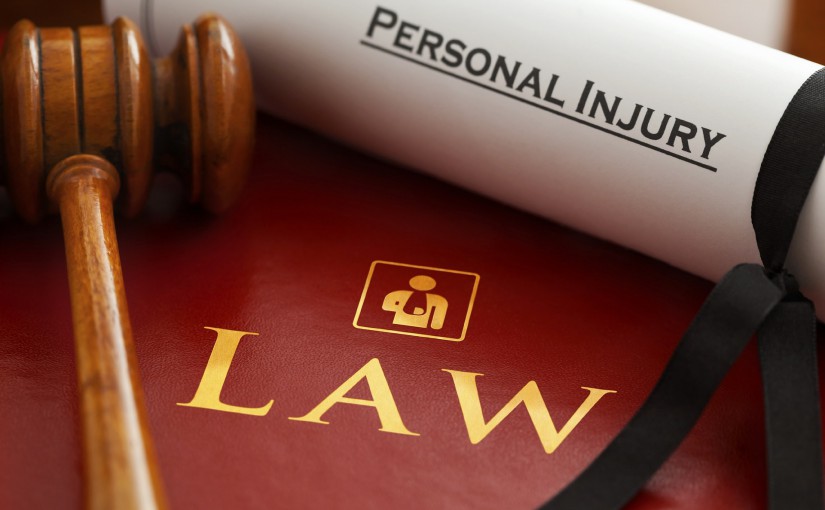Training on the Thai/Burma border: how to get involved as a GP
There are now over 140,000 Karen people who have fled war - ongoing since 1949 - to live in refugee camps on the Thai-Burma border.
However there are another 400,000 people still living in the Karen State, located in Eastern Burma. They have had to endure years of fighting, torture, systematic rape and forced labour; their current living conditions are extremely deprived, and sadly there is very limited access to education or healthcare.
Like many of you, I wasn’t aware of the Karen refugee crisis, despite the scale of the problem.
I was told about this predominantly farming community, caught in the vicious crossfire of a dispute with the Burmese government, by a GP colleague who had worked in the area.
I decided to help.
There is an impressive one-year course to train ‘community medics’, run by the Karen Department of Health, in collaboration with the charity ‘Hope 4 the World’. This is an intense program that involves teaching a class of 58 Karen locals, specially selected based on aptitude and attitude. They learn from the basics of physiology and anatomy in the first term, to diagnosing and entirely managing an unwell patient by the end; it is effectively combining and condensing a nursing and medical degree into a year. And, as you can imagine, this is no easy task. After graduating these medics staff rural clinics, providing the mainstay of the healthcare for people in the Karen State.
I, like many other doctors from the UK, volunteered to help train these students.
The first step in the process involved contacting Dr. Steff Nash, Consultant in Emergency Medicine at King’s College Hospital and founder of the charity ‘Hope 4 the World’, with my interest and availability. I received a comprehensive guide explaining where to go, what to expect and what to teach during my week. I was given details of a Karen trainer and another British GP there as my main contacts. I booked and funded my own flights and accommodation, guided by the charity.
Teaching takes place in in Mae Sot, a culturally diverse town in Thailand, close to the Burma border (due to security issues, the school cannot run in the Karen State itself). Classes start by 9am, and we take turns with the three local trainers to teach a session, each roughly an hour long. Topics are prepared in advance based on the syllabus, with class format depending on individual trainer’s preference. Topics covered during my respiratory week ranged from identifying abnormal breath sounds to emergency drainage of a tension pneumothorax. Classes continue until 4.30pm, with one hour off for lunch.
Despite the content being no harder than that taught at medical school, teaching wasn’t easy.
One of the main difficulties is language – most students don’t speak English. The local trainers act as diligent translators, but unsurprisingly much can get ‘lost in translation’. Those who do understand English are quicker, creating a somewhat ‘two-tiered’ classroom, which can be tough to manage in terms of pace and addressing different learning needs.
Most students have only a basic level of education prior to starting the course. During my week, it transpired that they didn’t understand the concept of fractions or percentages; this made teaching something as ‘simple’ as peak flow measurements actually quite convoluted.
Another challenge arises from lack of experience working in their clinical environment. Practical tips such as referral pathways were unknown to me, and, due to scarcity of resources, students often talked about 5th and even 6th line treatments for conditions. Such dire circumstances are difficult to imagine.
The amount of knowledge and rate at which students assimilate it, translated from a language they may not understand, is immense. Their commitment is astonishing.
They have left their families for at least one year. They stay in shared accommodation, sleeping on the floor in communal rooms of 20 people, with no TV or Internet. They work diligently into the night, reading and preparing for the next day. Despite the long hard hours, students remain enthusiastic, grateful and supportive of each other. I witnessed a level of dedication that is unparalleled, and will stay with me forever.
I adjusted and used some creativity to facilitate efficient learning in these challenging circumstances; my teaching skills have improved immensely. Perspective towards my own education and available resources has also changed; I now have a greater sense of appreciation, and a readiness to adapt. More than anything, I was humbled by my new friends and colleagues.
I highly recommend participating in such a project; your time and clinical experience are hugely valued.
Dr Hajra Siraj
If you would like to donate to this worthy cause, please click on the link – all money goes directly to the charity, and therefore to helping those who really need it:


